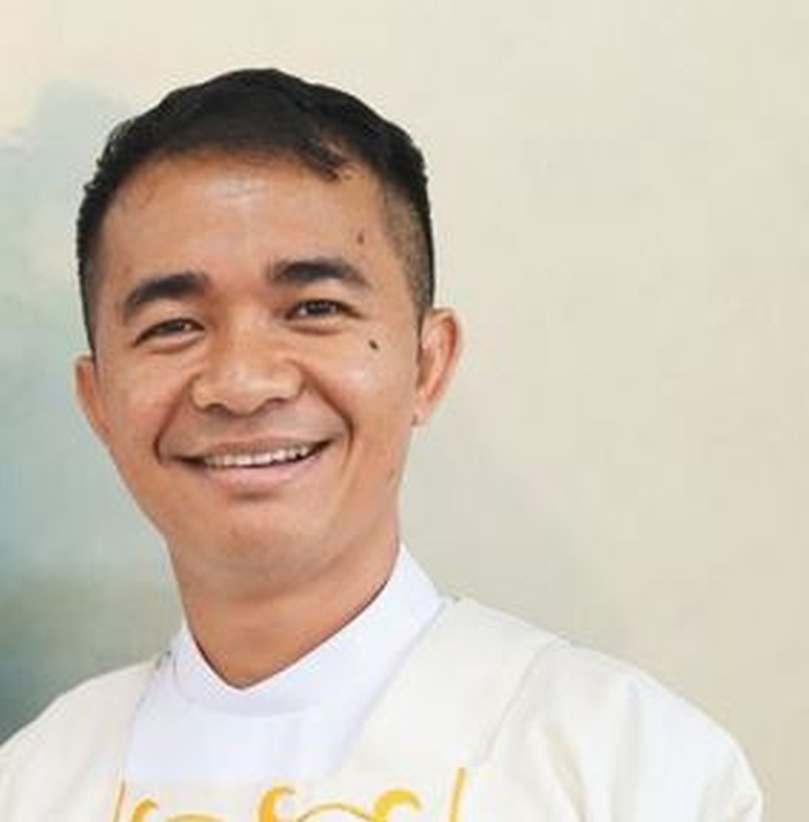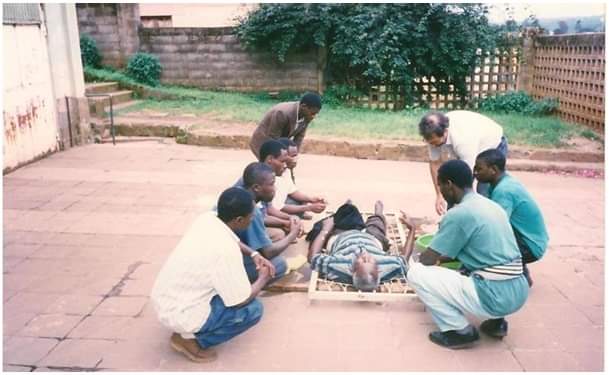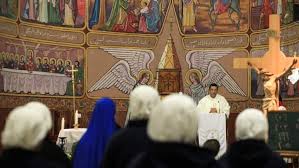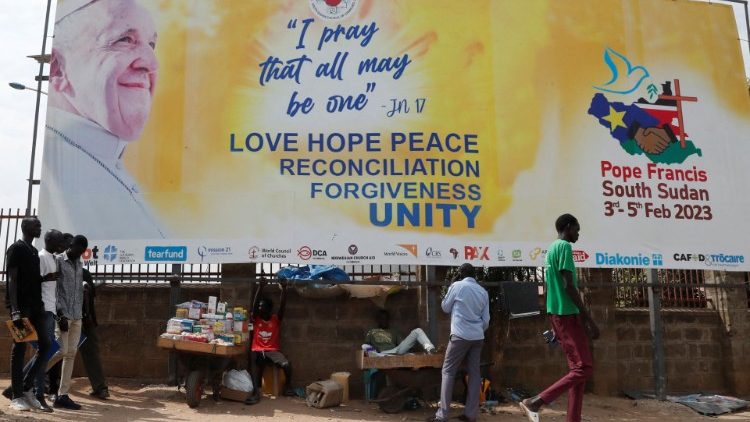Nurturing the ecological dimension of my jesuit vocation
What does ecology mean in my Jesuit vocation? I remember as a child ardently sweeping our compound, collecting leaves, and disposing them to a creek nearby. I was attracted to gardening and learned to till the soil and grow seasonal vegetables in our backyard. Even at a young age, I found it a breathtaking experience to gaze at the growth and bloom of the plants. In Myanmar, water is abundant and the soil conducive to the growth of vegetation.
When I joined the novitiate, I had another opportunity to cultivate the soil of the huge compound. Gradually, it became a means for me to find God’spresence and work in nature. Novices were assigned to tend the garden, which consisted of strawberries, apples, avocados, and some seasonal vegetables.No employee was hired. Once a week for half a day we were allowed to go out for “dies villae”.
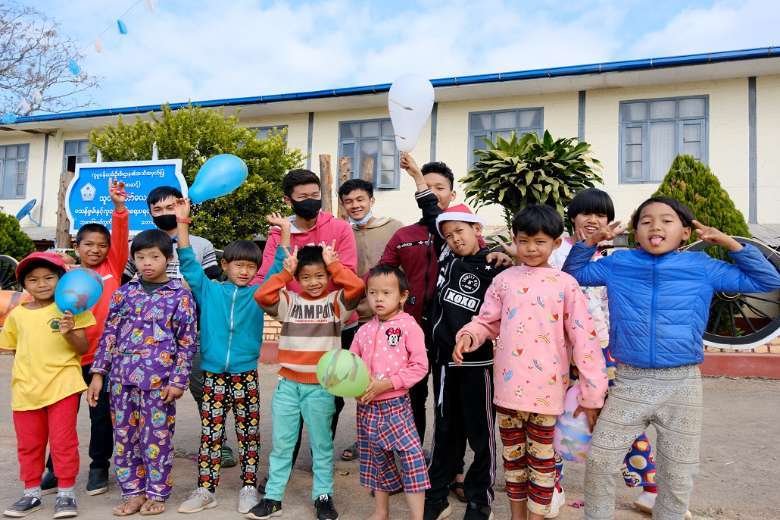
I would walk around the neighbouring village asking for seedlings to plant in the novitiate. A rather unusual but memorable “penance” our novice master gave us novices was tree bathing or mindfully immersing ourselves in nature.
As a junior, I was exposed to the organic farming centre of the Society of Jesus in Indonesia. The work there was simple, colourful, and reminded me of the farmers back in Myanmar. I saw how a simple and good training centre could greatly benefit the farmers. They need to be appreciated, equipped, and supported by the government because their toil and hard labour provide the nation’s food supply.
My interest in ecology grew during my philosophy studies in Indonesia that I chose to write my thesis on The Ethics of Ecology. Later, I was able to join the Scholastic and Brothers Circle (SBC) meeting in Cambodia in 2013 on Healing a Broken World and another SBC meeting in the Philippines in 2015 focused on natural disaster management. I joined an ecological youth movement in Jakarta, too. All these helped broaden my horizon in caring for our common home as a way to show and live in solidarity with the whole of creation. Caring for and loving the earth is a global deed, which can be translated and integrated into local contexts. Anyone can do it.
I spent two years of Regency with students of Campion English Language Institute in Yangon. It was memorable because it was my first assignment as a Jesuit scholastic. Classroom encounters with students of varying age groups from different regions and ethnic tribes helped me to realise and appreciate the diversity of my county. Besides, I was assigned as a chaplain and was allowed to form a small group of students into a Campion Green Community. We visited rural areas near Yangon and from time to time held activities, such as picking up garbage around the schools and on the streets, planting trees, and visiting orphanages and playing games with the children. The students grew more in solidarity with the need to care for and love the environment and those in need.
After Regency, I was sent to the Philippines to study theology. It was a joy and consolation to see my community at the Arrupe International Residence in Manila getting involved in vermicomposting, waste segregation, and using compost as fertiliser for our potted flowering plants. I volunteered to start an additional vermicomposting pit and expand our garden. After a few months, a lovely and lively garden grew from which the community was able to harvest organic seasonal vegetables. Day after day, we planted more varieties of vegetables and the garden continued to expand. In my fourth year, I could spare more time in the garden by doing my own “theology of plants and lives”, feeling my senses come alive in the midst of sprouts, shoots, buds, blooms, fragrances, birds, caterpillars, and butterflies coloured by the sunrays.
Soon, a few scholastics started visiting the garden and began to join me in planting vegetables. Eventually, compost making and gardening became an official part of the house assignment and, thus, part of the community’s commitment. We also committed to sending some of our members every year to Bendum, Mindanao for a few days to learn and draw inspiration from the people and nature there. Thanks to our garden, the community is able to enjoy fresh vegetables in this time of covid-19 pandemic.
I am deeply consoled and grateful to my superiors, formators, and communities for all the support given me to learn, do, and live out eco-friendly deeds throughout my formation years. I have come home to Myanmar and looking forward to my ordination as a priest, and being assigned to any ministry where I can be instrumental in realising God’s kingdom on earth for His greater glory.

